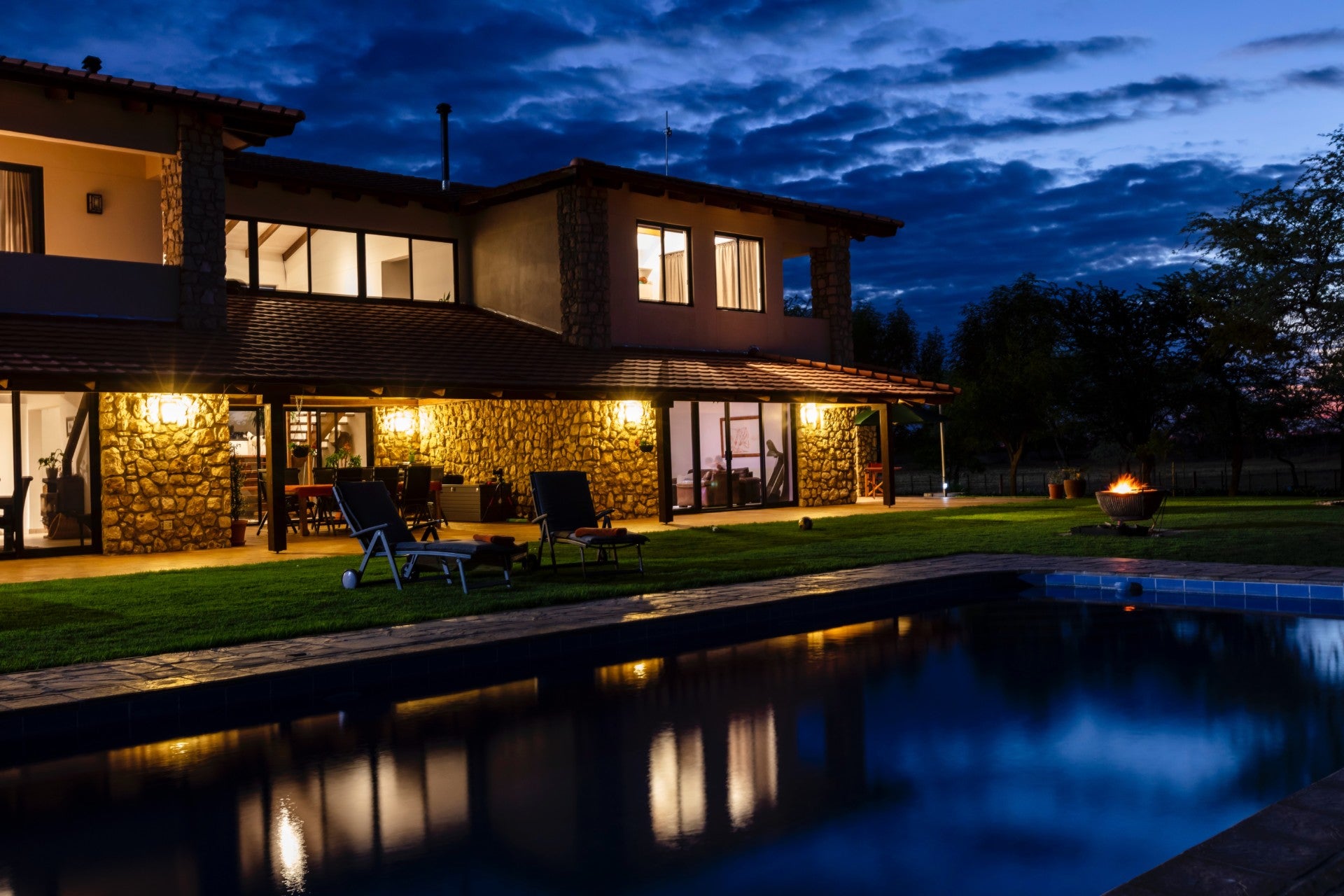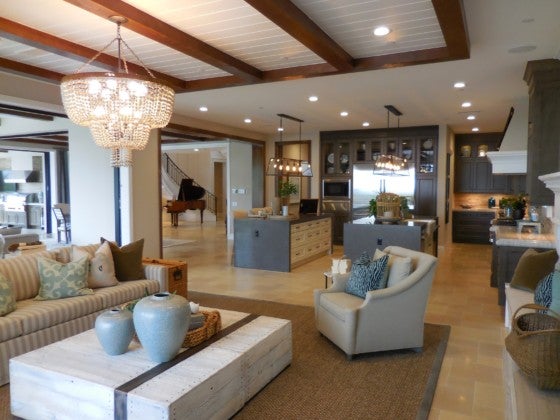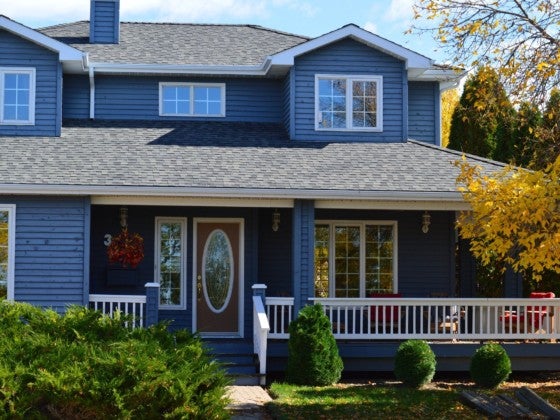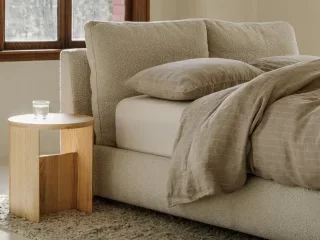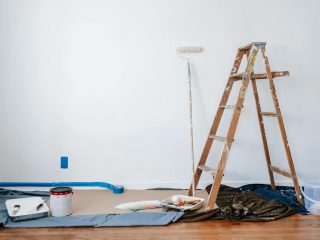Owning your own home especially in an in-demand location like NYC comes with a lot of pride and satisfaction. Most call it the American Dream! However, becoming a homeowner before you’re sure about your financial capacity can have costly consequences. The burden can be even higher during hard times like we’re currently in due to the coronavirus pandemic.
A dilemma that most renters face is, ‘how long should you rent for?’
When it comes to having a place with your own address versus renting, there is always a debate about which is the more sensible option financially. The argument that makes the most sense is that buying a home allows you to build equity instead of paying monthly rent, which you will not see again.
The reality is that several financial reasons make renting a house more feasible and compelling. The issue of how much time you should spend as a renter requires more consideration and thought because of the following factors;
The exact cost of owning a home is much higher than you initially anticipate
You often hear that “buying a house is a great investment.” I hate to burst your bubble, but this is a misguided perception. Some homeowners indeed make millions in real estate investment, but the reality is quite different for most people. The actual rate of return on real estate after factoring in taxes, mortgage interest rates, and inflation is extremely low.
Renting a furnished apartment may look like wasted money on paper because every dollar you spend on rent is a dollar you will never get back. You just have to choose an affordable and worth it rentals on this apartment app so it would not feel like you are throwing away money. But even as a house owner, you will spend so much money on taxes and interest payments, money which is not helping you build equity and that you will never get back.
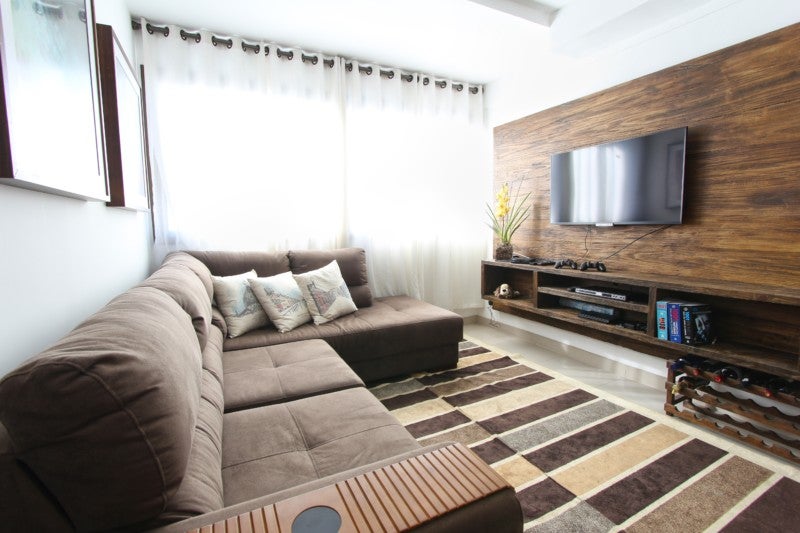
The actual cost of homeownership also comes with plenty of extra expenses and maintenance. Mortgage payments are just the tip of the iceberg. The associated expenses of buying a home may be even higher than the mortgage payments in the long run.
Other additional costs that come with buying a house include property taxes, flood insurance, investment opportunity costs, homeowner insurance, mortgage interest payments, repairs and maintenance, and utilities.
The cost of renting might be cheaper in the long term
One important consideration before purchasing a home is the duration of time you will live there. If you own a home for more than 30 years, there’s a probability that the offset will be lower than the closing cost due to the increased value of your home. In that case, buying a home can be considered a wise investment.
However, if you own a house for less than five years, practically, there will be little or no increase in home value. Besides, the closing costs will probably mean you lost money on your investment.
Homeownership is in fact a money pit
Let’s face it; houses are costly to maintain. For starters, they require constant landscaping, periodic painting, roofing, and a host of other expenses. In addition, they contain a lot of expensive appliances that require maintenance and break at the most inappropriate times.
Do you ever wonder why your landlord is very hesitant about fixing your leaky sink? He is trying to get as much time as he can on that sink as possible. When you own a home, you’ll likely do renovations and make repairs based on the urgency and relevancy of the repairs and renovations. See why renting can be far less expensive than buying a house?
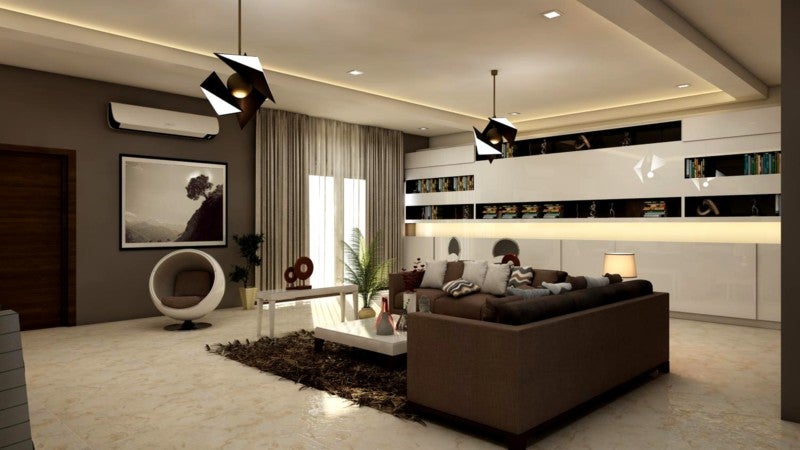
You cannot control your neighbors or taxes
When you become a homeowner, you’re making a lifetime commitment to your neighborhood. If you buy a home in a city with a great school system and economy, the value of your home will likely increase, and so will the property taxes. The unfortunate scenario is that if your salary remains constant, chances are that you’ll not afford to stay there, and might as well be forced to relocate to a cheaper place.
On the other hand, if your neighborhood depreciates, your house is not only losing value, but you’re stuck living there. Renting can be much safer and easier; once your lease is over, you can move to a better neighborhood and the landlord will be left to deal with his depreciating property.
For the ultimate flexibility, look into renting a furnished apartment like those offered in 12 cities by Blueground. As part of a brand-managed network of furnished homes, you can easily move between neighborhoods and apartments all on the same lease. Their leases start at 30 days and go up to a number of years, which is handy when you need to relocate on a whim for professional or personal reasons.
Conclusion
The bottom line is that owning a home comes with numerous financial benefits, most of which cannot be overstated. However, two important non-financial benefits come with renting. For starters, renting gives you flexibility. You can stay as long or as brief as you want. Secondly, renting protects you from expensive and constant maintenance.
So, will you continue being a renter or will you still go ahead to buy that dream home? Please share your views in the comments below.




